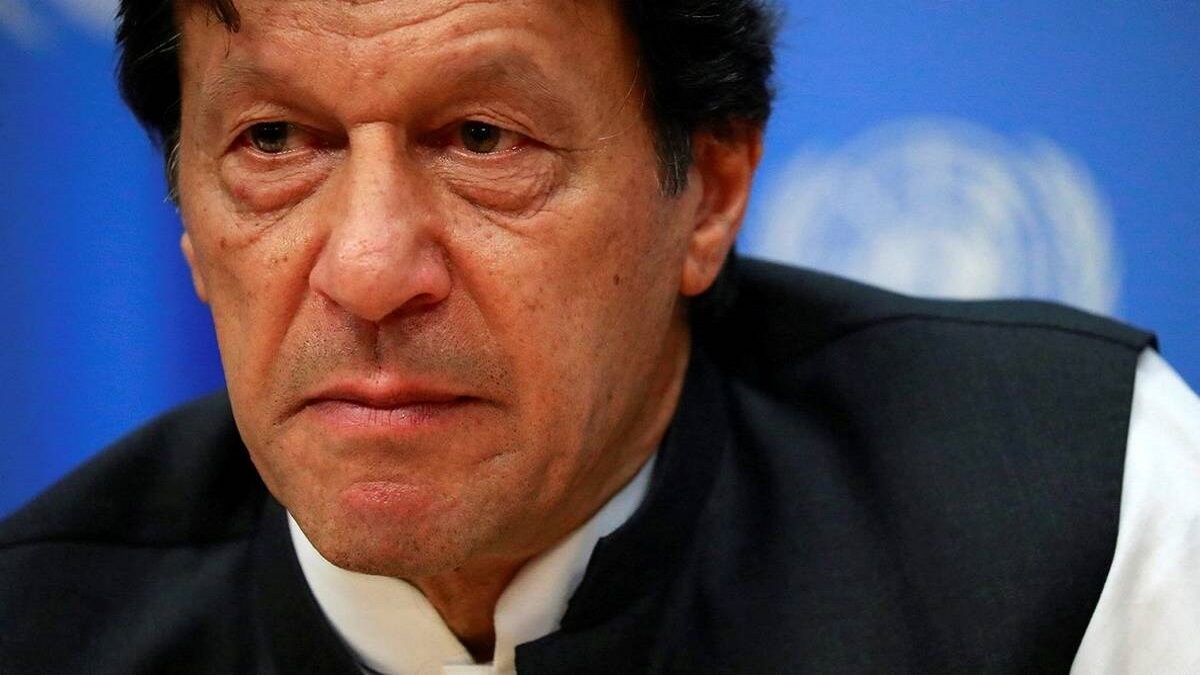In an exclusive interview with CNN, former Prime Minister and chairman of the Pakistan Tehreek-e-Insaf (PTI), Imran Khan, suggested that there is an 80% probability of his impending arrest. This development unfolds as Khan is due in Islamabad on Tuesday to seek anticipatory bail in multiple cases.
Khan accused the Pakistan Democratic Movement (PDM) of colluding with the military and undermining the democratic system to ostracize him from politics. He alleged the arrests of more than 10,000 PTI workers and the entire senior leadership of his party.
In the wake of arson attacks on governmental structures and military facilities on May 9, Khan expressed his concerns over the potential dismantling of the PTI. He alleged that the incident had been manipulated as an excuse to tear down his party, following his own arrest.
PTI’s chief Imran Khan lamented the imprisonment of numerous women and children, and revealed concerns over a potential military tribunal. Despite previous affirmations of his neutrality with the military establishment, Khan expressed puzzlement at the tension between them.
The former prime minister underscored the importance of a robust defense system for Pakistan, even while dealing with internal disagreements. He admitted to having no qualms with the military’s long-standing influence and recalled his past collaboration with former army chief Gen Qamar Javed Bajwa before an alleged change of loyalty.
Imran Khan raised concerns about threats to his life, insinuating that the governing coalition may resort to extreme measures out of fear of election losses. He suggested the possibility of a religious extremist being manipulated to assassinate him, drawing parallels with a previous incident involving a former governor of Punjab.
In the face of rising uncertainties, Khan voiced fears that the coalition government may postpone national elections scheduled for October. He suspected that elections might be delayed until PTI’s chances of winning are significantly reduced.
In a revealing conversation with journalists, the PTI chair reported that a Punjab government delegation presented him with a list of eight PTI members who are purportedly on a wanted list. Khan criticized this as a tactic to create conflict between PTI and the military.
Imran Khan, along with the Jamiat Ulema-i-Islam-Pakistan (JUI-P), called for an end to what they described as an “unlawful crackdown” on PTI workers, particularly women and senior members. The parties accused the state of instigating internal conflict detrimental to Pakistan’s stability and economy.
The meeting called for an exhaustive investigation into the May 9 incidents, with particular emphasis on identifying who initiated the gunfire that resulted in 25 fatalities and approximately 700 injuries among party workers and supporters.
Together, the PTI and JUI-P denounced what they see as a victimization of media outlets and journalists, in addition to the propagation of hateful narratives. They urged the Supreme Court to dismantle interim governments in Punjab and Khyber Pakhtunkhwa, and to enforce election conduct according to constitutional provisions.



























